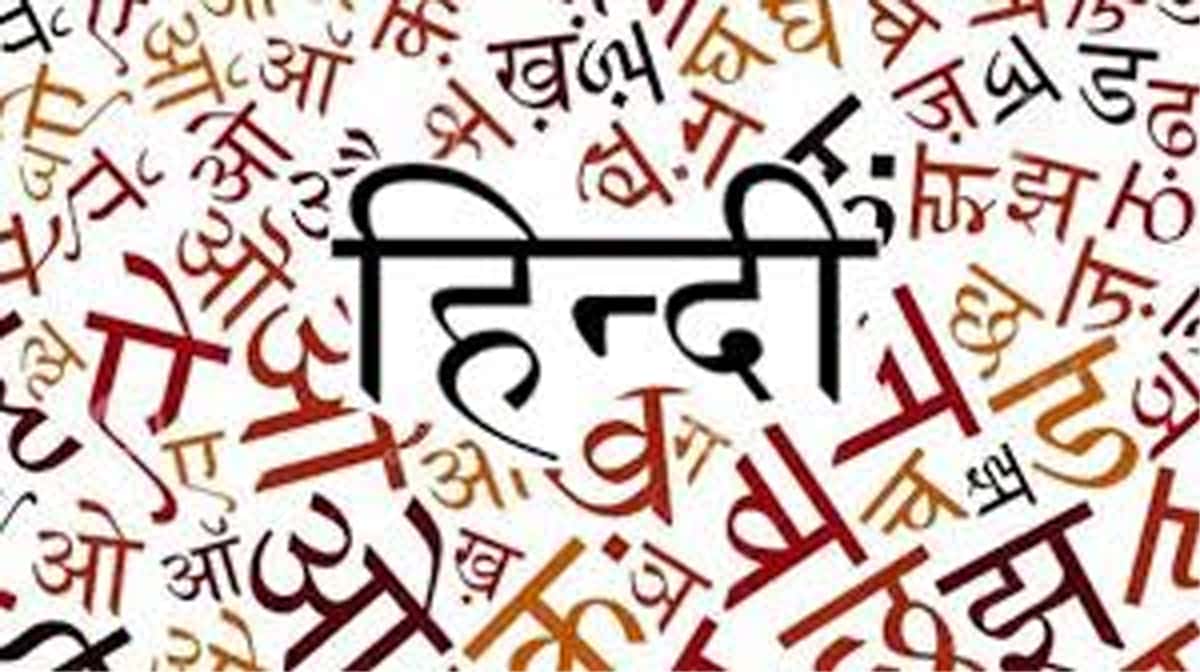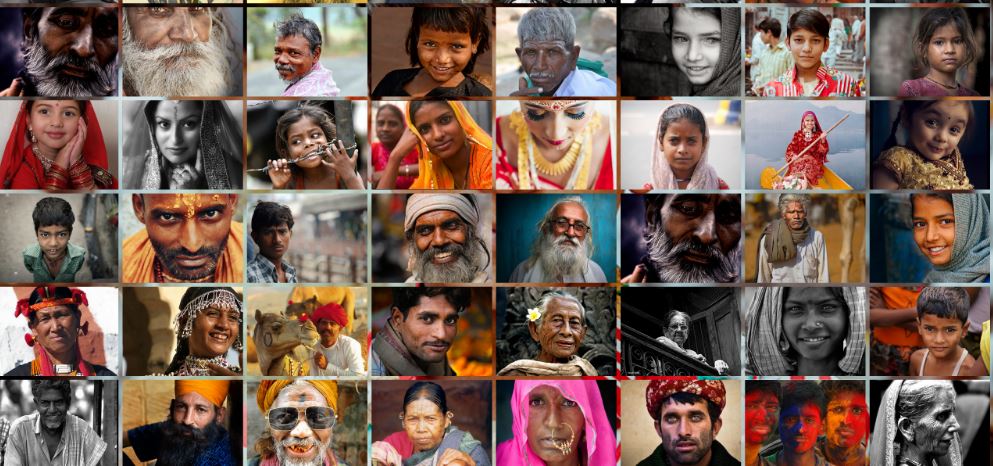One Nation One Language India | UPSC – IAS
The debate over One Nation One Language started in the constituent assembly debates on the official language. — Hindi was voted as official language, however due to outpour and anti-Hindi agitation from various sections, English was also continued as an associated official language.
- The Constituent Assembly of India adopted Hindi written in Devnagari Script along with English as the official language of the country on September 14, 1949, under Article 343(1).
Articles Relating to Hindi language in Indian Constitution
- Article 351: It shall be the duty of the Union-
- To promote the spread of the Hindi language,
- To develop it so that it may serve as a medium of expression for all the elements of the composite culture of India and
- To secure its enrichment by assimilating without interfering with its genius, the forms, style and expressions used in Hindustani and in the other languages of India specified in the Eighth Schedule.
- Article 120 and 210 regarding language to be used in Parliament and state legislature respectively gives the option of transacting business in Hindi as well in English.
- Article 343 gives power to parliament to decide by law, the languages to be used for official work.
- Article 344 provides for constitution of a parliamentary committee every 10 years to recommend to the President regarding progressive use of the Hindi language for the official purposes of the Union and restrictions on the use of English.
- Article 29 gives every Indian the right to a distinct language, script & culture.
Arguments in favor of One Nation One language | UPSC – IAS
- Removing barriers in the development: There are various areas where there is a perceived lag only because of lack of national language, like trade, education and research, areas of national security like military, etc. Thus, the lack of national language acts as barrier for the progress of nation.
- For the creation of knowledge and thus creating a Public Sphere: As we often see that, students avoid going to other places for education and research due to lack of understanding of local languages. There is difficulty to collaborate in various ideas in different spheres; non participation in national affairs and hesitancy to relocate in other parts of India due to the absence of a national language.
- Thus, a universal language which will be spoken and understood by everyone will be best suited to become the lingua franca of the country.
- • For effective administration: The various people who works for central government or Armies etc. always face the language problem when they move to other regions of India. Therefore, the administrative machinery will not be able to deliver efficiently, if the language becomes a barrier in understanding people’s aspirations and needs.
- For Leveraging technology: If India adopts a national language it might automatically become the largest
spoken language thus giving numerous opportunities to software developers to make many applications which is unreachable today mainly due to lack of understanding of English language. - To give India a global Identity: It is necessary that there is one language to represent India in the world. A uniform national language, will give us great advantage at global scale due to its large number of users thus forcing people of other nations to learn that language, in order to engage with India in trade, business, education etc.
- False sense of glory attached with Multilingual Image of India: India has always been shown having a great diversity such as having 22 different languages, 415 different dialects etc. But is it truly a matter of glory that the knowledge existing in one language can’t be understood by a person of other language? We need to come out from this false sense of glory to the true sense of glory by adopting a single national language.
Arguments against One Nation One Language | UPSC – IAS
Language is the lifeline of culture, tradition and customs of people living in a particular region and the best way to preserve or promote any language is to use it extensively.
- Idea of one country, one language: A colonial Construct: The idea that a language represents a nation is one of the colonialism’s construct. The complex process of modern nation building in colonial countries involved questions of cultural unity. Language and literature held the key to this project of cultural continuity from a
unique and great past. - Delinking language from cultural Identity: Often it is argued that a national language is considered a language which represents Indian culture; however, we can definitely preserve our culture in spite of adopting other language and also learning one more language beside our regional language would not ruin or destroy us or our culture. So, changing the medium of expression would not change our identity which can be understood by even an ordinary person.
- Issue of consensus: There is a lack of consensus- among the population with respect to one language, as the whole construct of a national language seems more of an imposition of one language over others.
- Therefore, any such efforts of imposing a language on the unwilling people is hardly unifying, and rather it could turn out to be divisive.
- Diverse structure: A uniform language goes against the idea of a diverse and federal structure of the country, where such common language may not be desirable. It also runs contrary to the spirit of the Constitution and our country’s linguistic diversity”
- o All languages listed in the Eighth Schedule of the Constitution are national languages and must be treated equally. Any attempt to impose any one language will lead to the disruption of our country’s unity and integrity.
- Inevitability of English: English is today’s language of science and technology in the whole world. Even if we replace English from all technological usage in India with Hindi, still it will remain the language of science as it would be immensely difficult to translate all the scientific knowledge-base in Hindi language.
- Significance of Language Diversity: As there have not been enough success stories globally- e.g. the imposition of Mandarin, Russian or Urdu have rarely fulfilled such aims of unity and integration.
Conclusion | UPSC – IAS
- To preserve our ancient philosophy, our culture and the memory of our freedom struggle, it’s important that we strengthen our local languages simultaneously without being biased towards any one language.
- The need today is to respect, protect and nurture diversity of our nation so that unity is ensured and it lies in the quality of unity and togetherness.










